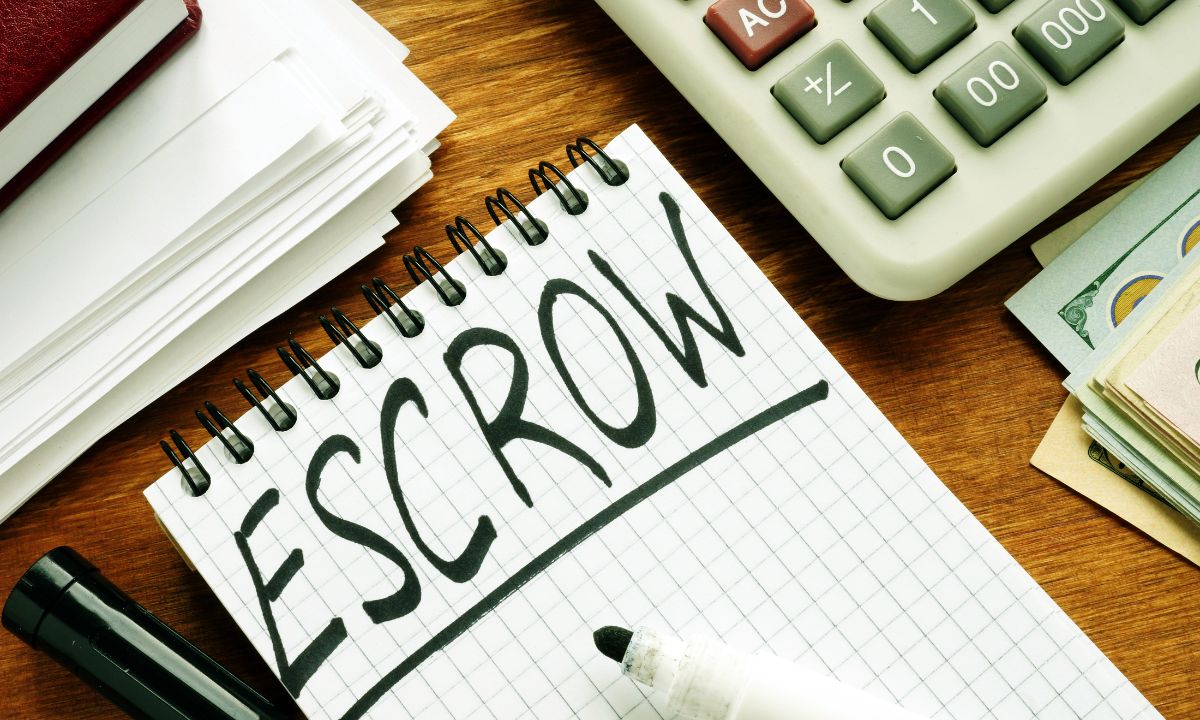 Whether you’re a first-time homebuyer or a seasoned homeowner considering a refinance, the term “escrow account” often looms as a source of confusion. Yet, understanding the ins and outs of escrow accounts is crucial for managing your homeownership responsibilities effectively. In this article, we’ll address some common questions and concerns regarding escrow accounts to shed light on their importance and functionality.
Whether you’re a first-time homebuyer or a seasoned homeowner considering a refinance, the term “escrow account” often looms as a source of confusion. Yet, understanding the ins and outs of escrow accounts is crucial for managing your homeownership responsibilities effectively. In this article, we’ll address some common questions and concerns regarding escrow accounts to shed light on their importance and functionality.
What is an Escrow Account?
Escrow accounts, sometimes referred to as “impound” accounts, serve as a financial mechanism to facilitate the payment of property taxes and homeowner’s insurance. Typically, lenders require homeowners to contribute a portion of these expenses upfront, which is then deposited into the escrow account for disbursement.
Who Controls Escrow Accounts?
Lenders maintain complete control over escrow accounts. However, homeowners are entitled to receive an annual statement detailing their escrow balance. Should there be fluctuations in insurance premiums or tax assessments, homeowners can request a review of the escrow account to adjust payment amounts accordingly.
Is Interest Paid on Escrow Accounts?
Federal regulations do not mandate the payment of interest on escrow accounts. When refinancing a home, the funds allocated for taxes and insurance are factored into the overall mortgage payment, with the portion designated for these expenses placed in escrow.
What Happens During a Home Sale or Refinance?
Upon selling or refinancing a home, the escrow account is credited at closing. Homeowners may opt to apply the credited amount towards reducing out-of-pocket expenses or receive it as a direct payment.
Managing Shortfalls and Overages
In cases where the escrow account falls short of anticipated expenses, the lender may request additional payments from the homeowner to cover the deficit. Conversely, if there’s an overage in the escrow account, lenders have the discretion to refund the excess amount directly to the homeowner. Generally, shortfalls or overages of $50 or less are deemed negligible.
The Benefits of Escrow Accounts
For homeowners, escrow accounts offer a streamlined approach to managing recurring expenses associated with homeownership. By spreading out payments for taxes and insurance throughout the year, escrow accounts alleviate the burden of lump-sum payments, ensuring financial stability and peace of mind.
While escrow accounts may initially seem complex, they play a pivotal role in simplifying the financial aspects of homeownership. By understanding how escrow accounts function and their benefits, homeowners can navigate the process with confidence and clarity. Whether mandated by lenders or chosen for convenience, escrow accounts serve as a practical tool for effectively managing homeownership expenses. If you have questions or concerns regarding escrow accounts, don’t hesitate to consult with your lender or financial advisor for personalized guidance.
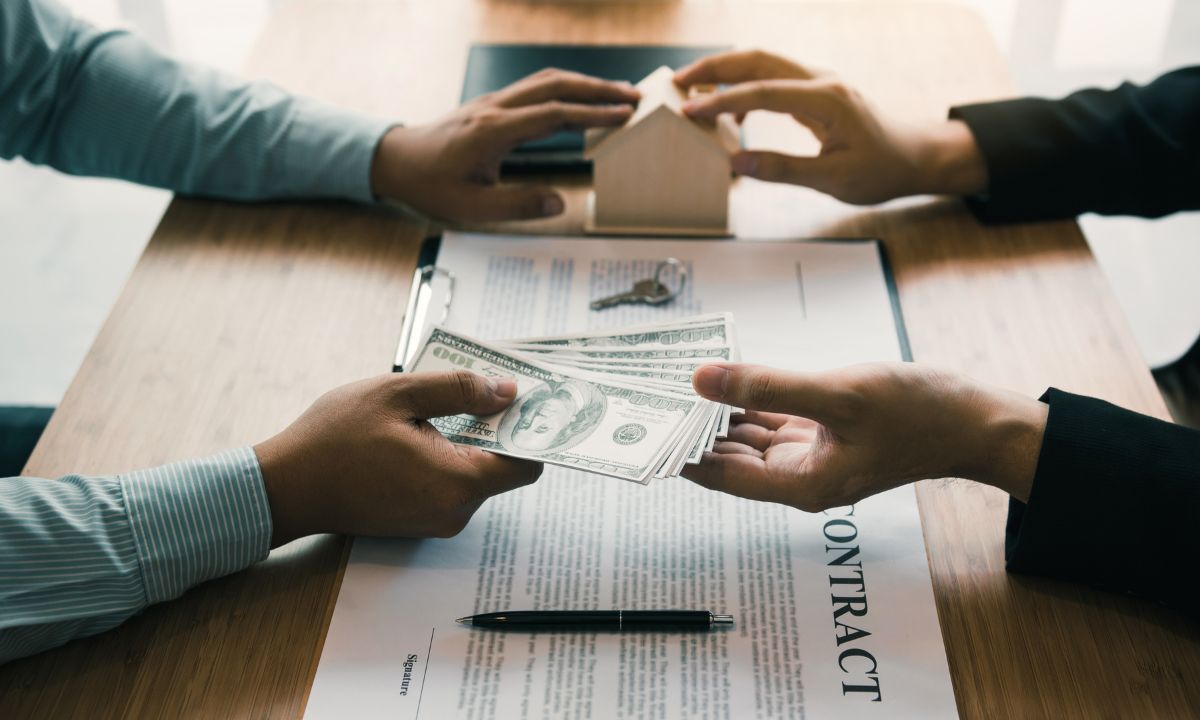 Buying a home is an exciting adventure, but it’s crucial to understand all the financial aspects involved to make the process smoother. Beyond your down payment and closing costs, there are several pre-paid costs that you’ll need to address at closing. These pre-paid costs are essential to consider as you plan your home purchase. Here’s a comprehensive guide to help you understand these costs and prepare effectively.
Buying a home is an exciting adventure, but it’s crucial to understand all the financial aspects involved to make the process smoother. Beyond your down payment and closing costs, there are several pre-paid costs that you’ll need to address at closing. These pre-paid costs are essential to consider as you plan your home purchase. Here’s a comprehensive guide to help you understand these costs and prepare effectively.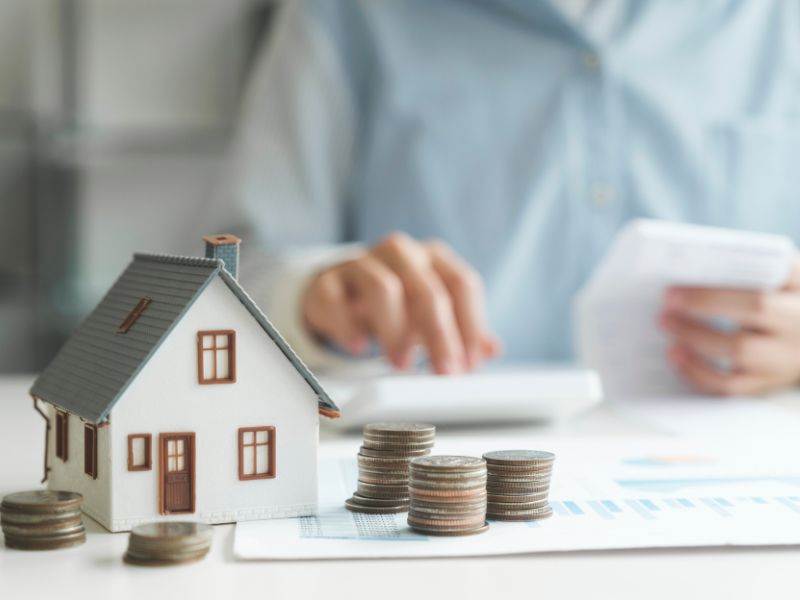 A mortgage escrow account, also known simply as an escrow account, is a financial arrangement set up by a mortgage lender to manage and disburse certain payments related to the property on behalf of the homeowner. The purpose of an escrow account is to ensure that essential expenses, such as property taxes and homeowners’ insurance, are paid on time.
A mortgage escrow account, also known simply as an escrow account, is a financial arrangement set up by a mortgage lender to manage and disburse certain payments related to the property on behalf of the homeowner. The purpose of an escrow account is to ensure that essential expenses, such as property taxes and homeowners’ insurance, are paid on time.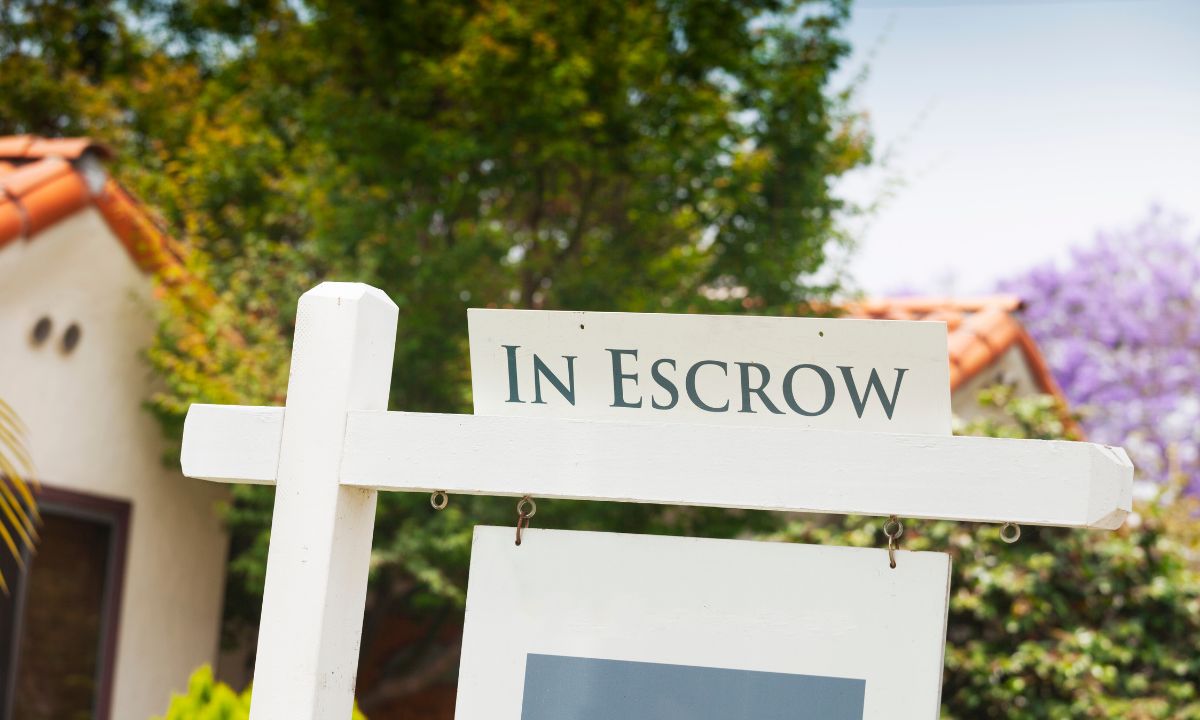 Purchasing or selling a property is a significant financial transaction that involves numerous parties, legalities, and a substantial amount of money. To ensure a smooth and secure process, the real estate industry relies heavily on a mechanism known as escrow.
Purchasing or selling a property is a significant financial transaction that involves numerous parties, legalities, and a substantial amount of money. To ensure a smooth and secure process, the real estate industry relies heavily on a mechanism known as escrow.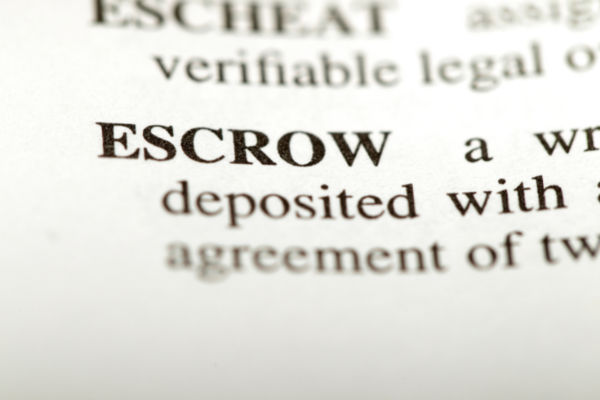 There are many complicated terms thrown around regarding your mortgage, and one of them is an escrow account. You will probably hear that your lender will collect some additional money every month for escrow payments. If you take a look at your mortgage statement, you will see your interest, your principal, and your escrow. What does this mean, and why do you have to pay additional money that isn’t going toward the balance of your loan?
There are many complicated terms thrown around regarding your mortgage, and one of them is an escrow account. You will probably hear that your lender will collect some additional money every month for escrow payments. If you take a look at your mortgage statement, you will see your interest, your principal, and your escrow. What does this mean, and why do you have to pay additional money that isn’t going toward the balance of your loan?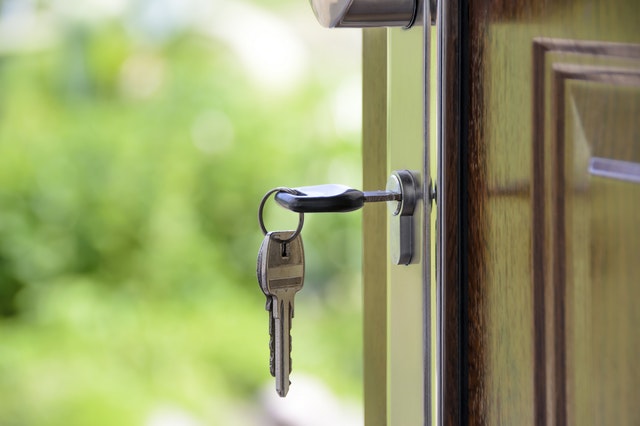 The real estate market is quite different from other markets and can be confusing for even the most experienced buyers and sellers. You will need the help of a real estate agent whether you are an experienced buyer or doing it for the first time.
The real estate market is quite different from other markets and can be confusing for even the most experienced buyers and sellers. You will need the help of a real estate agent whether you are an experienced buyer or doing it for the first time.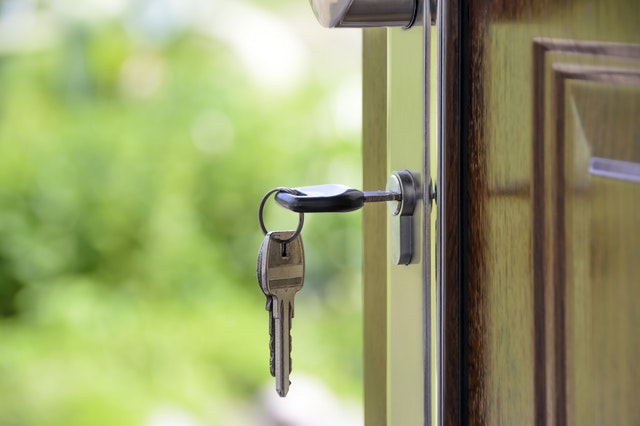 Buying a home is an exciting and exhilarating time. Between the time your offer is accepted, and when you finally have keys in hand and you are ready to step into your new home, it can be stressful. The escrow period, also known as the closing, can take the most easygoing home buyer to the brink of insanity.
Buying a home is an exciting and exhilarating time. Between the time your offer is accepted, and when you finally have keys in hand and you are ready to step into your new home, it can be stressful. The escrow period, also known as the closing, can take the most easygoing home buyer to the brink of insanity. The closing process for a home purchase is an exciting time. The home is finished, the purchase is ready to be finalized and it’s almost time to move in. The final steps of the closing process ensures both parties are able to meet their requirements and all the paperwork is in place and verified.
The closing process for a home purchase is an exciting time. The home is finished, the purchase is ready to be finalized and it’s almost time to move in. The final steps of the closing process ensures both parties are able to meet their requirements and all the paperwork is in place and verified.